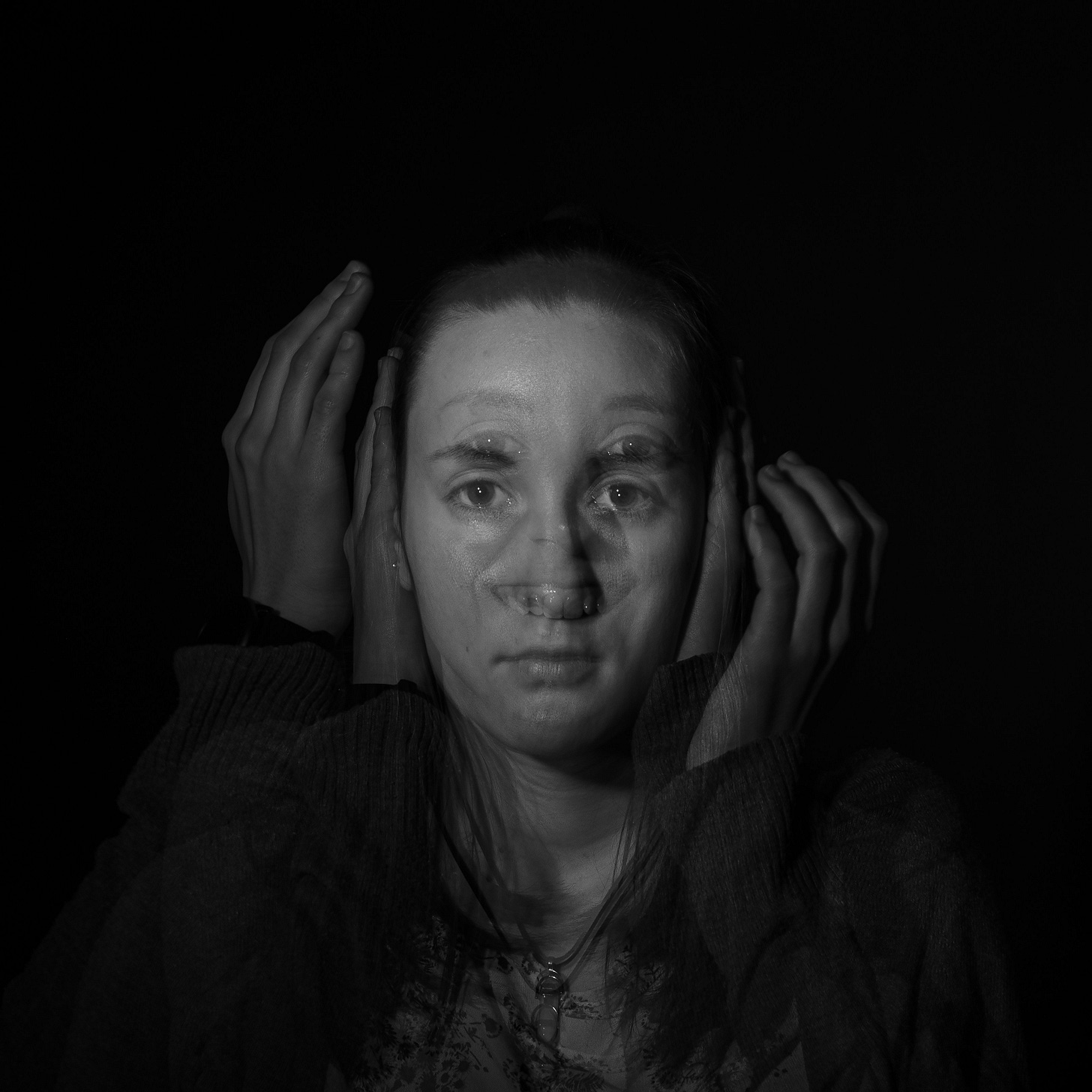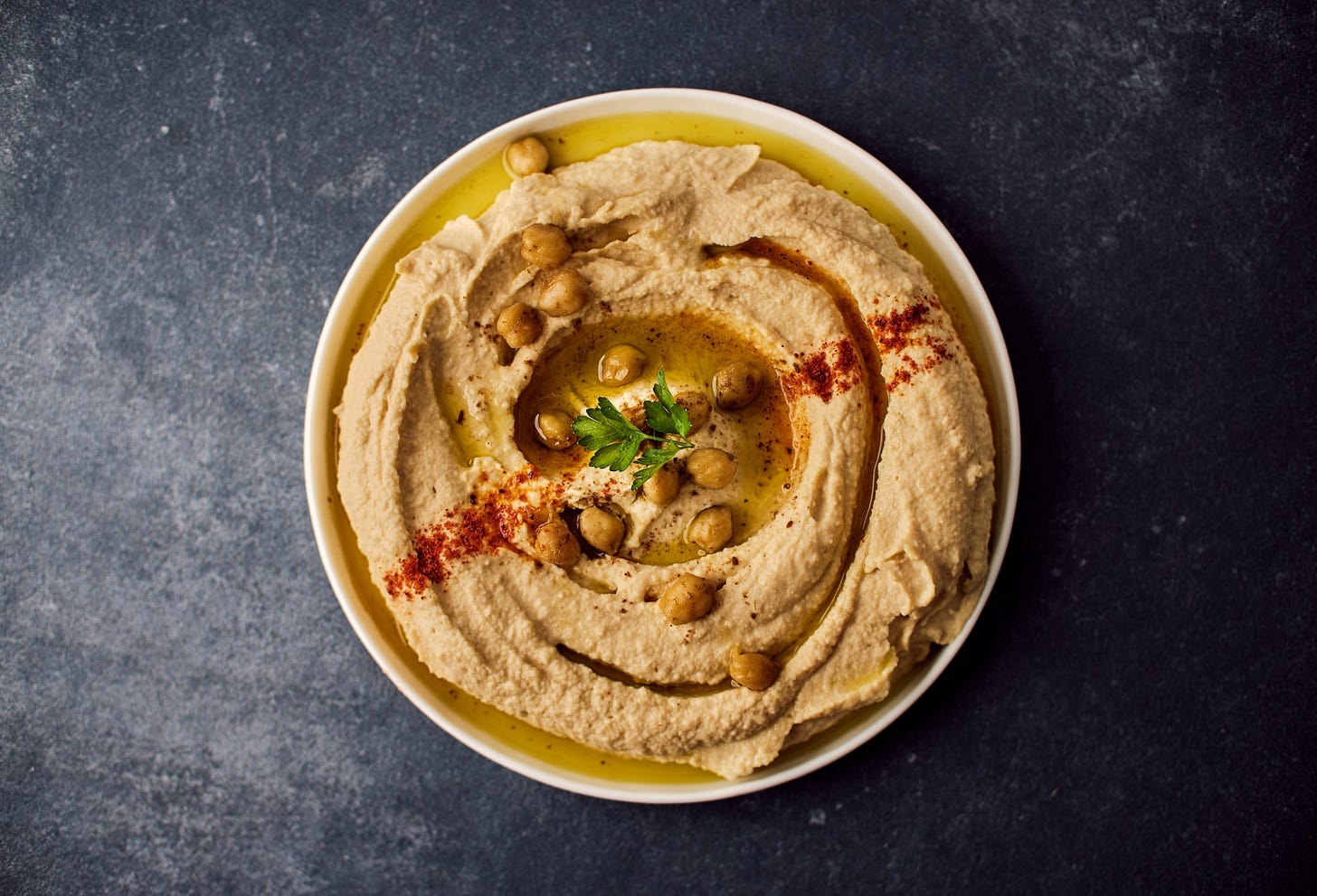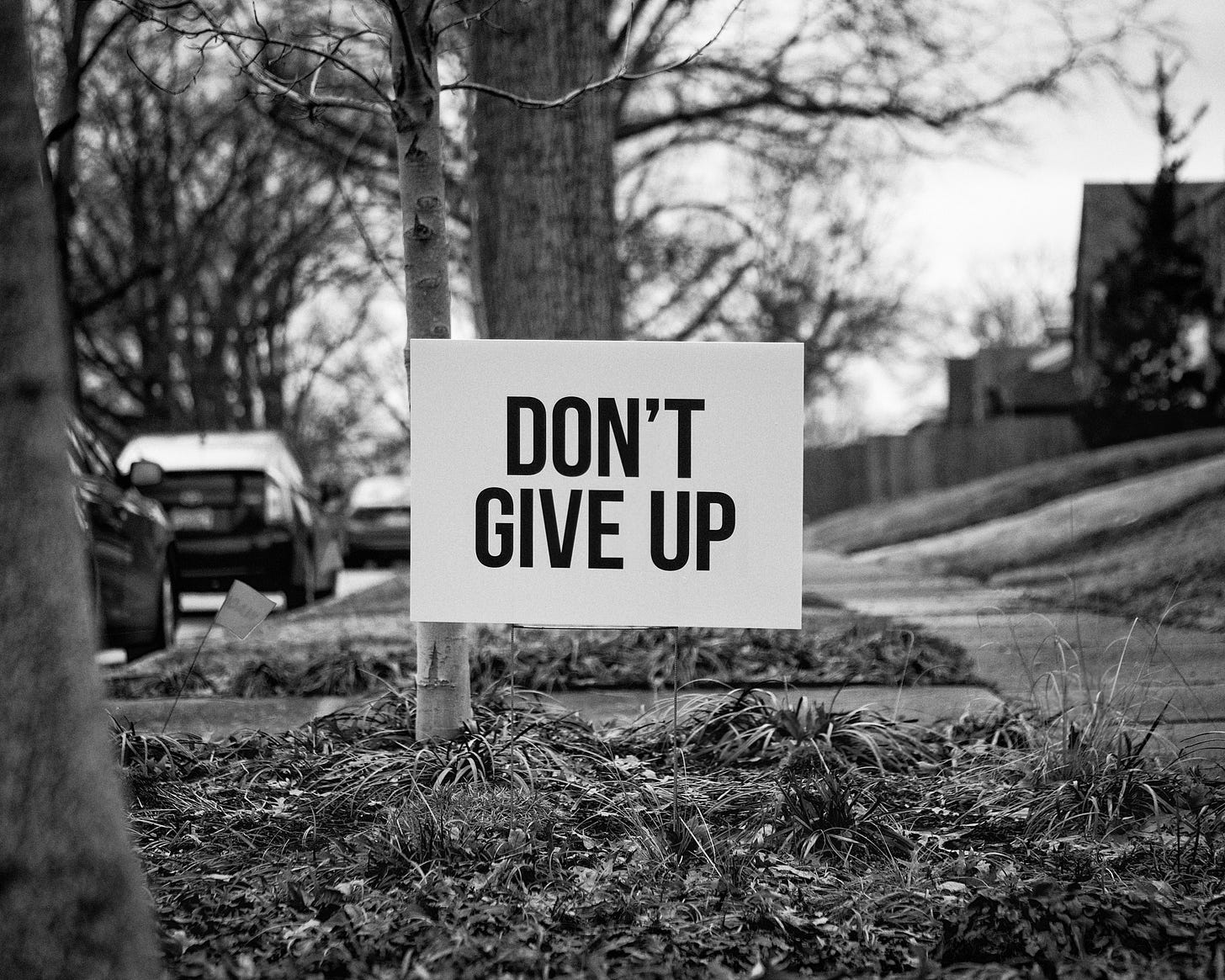What I've learned so far from writing this Substack
It's not what I expected. But then nothing ever is.
Photo by Alex Vámos on Unsplash
SINCE STARTING THIS SUBSTACK EIGHT MONTHS AGO, I’ve learned a lot about all kinds of things. This feels like a good moment to share some of them with you.
I’ve learned that most people see no shades of gray when it comes to Israel and Palestine. They support one or the other. End of story. This doesn’t completely surprise me, of course; I’m not that naive. What I do find surprising is the almost. complete lack of appetite most people have for learning something about the “other” side. Even if no one is asking them to change their opinions. Even if it’s “good news” that doesn’t confirm their worst suspicions. Maybe especially if it’s that.
I’ve learned that the loudest and harshest critics on this issue—at least in the context of this blog—have been other Jews. I can’t tell you how many horrifying comments I’ve deleted, how many people I’ve blocked. Ninety percent of them have been pro-Israel, a fact that pisses me off. Do we really have to be such jerks?
I’ve learned just how difficult, unwelcome, and dangerous it is to speak up about peace in the Middle East. I’m not talking about myself here but rather about people with more skin in the game. Peacemakers are often seen as collaborators, people willing to make concessions to a dangerous enemy and, therefore, traitors to their own “side.” Ninety percent of these observations come from the pro-Palestinian “side.”
I understand this instinct; there’s a reason we still speak about Vichy France in tones of derision. What I don’t understand is the need to punish those who don’t share it. For instance, my last post featured Rami Aman, a Palestinian peace activist who’s been jailed by Hamas and threatened by Israeli forces. His work threads a needle between these extremes by focusing on finding ways for ordinary people on both “sides” of this conflict to connect and work toward peace.
I did have to delete some hateful comments on that post. What bothered me more, though, was that when I suggested bringing him to my campus to speak, I was told that “important people”—e.g., pro-Palestinians—found him too controversial, too much of a collaborator to want to hear anything he had to say. This did shock me, especially given the fact that I am a journalist at a major communications school. Our job is to tell all the stories. Or so I thought.
I’ve learned a lot more than I used to know about the past: the Nakba, the many many negotiations between Israelis and Palestinians, the rejected peace plans, the failed withdrawals, the suicide bombings. It’s exhausting and I’m aware of how ignorant I remain in this realm.
I’ve also learned that litigating and relitigating the past has gotten us exactly nowhere. That there must be another way forward. That way forward does not entail forcibly relocating a million traumatized Gazans to South Sudan. It does not entail starving children and adults, withholding aid, shooting at people who come for that aid. It does not entail taking hostages, torturing them, publishing videos of emaciated captives digging their own graves.
THOUGH MUCH OF WHAT I’VE LEARNED feels grim, I am still hopeful that there is a positive way out of this quagmire. That the humanity of those on both “sides” will at some point prevail. That we have more in common with one another than we have differences.
Personally, I’ve always felt closer to those on the “other” side than to, say, most of my fellow Americans. Our cultures are similar. Our holy books and teachings are similar. Our languages are similar. We all want credit for inventing hummus.
Photo by Ludovic Avice on Unsplash
If you’ve read this far, you are not like most of the people I’ve encountered in writing this Substack. You appreciate nuance. You want to know more even when it challenges your deeply held convictions. You are curious. You are open.
Most of all, you are hopeful about the future for both Israel and the Palestinians. And we need more of that. We can’t give in to despair. Too many lives hang in the balance. Too much is at stake.
So I hope you will keep exploring, keep talking, keep learning, keep advocating for what feels right to you. And I will do the same.
Photo by Rosie Kerr on Unsplash





Kol hakavod in your nuanced, thoughtful , compassionate and wise postings.
Thank you again so much, Harriet, for your always thoughtful posts. It is so hard for me to look at what’s happening there. I appreciate your courage and your eyes that are wide open. I commit to continue exploring this difficult terrain with you.